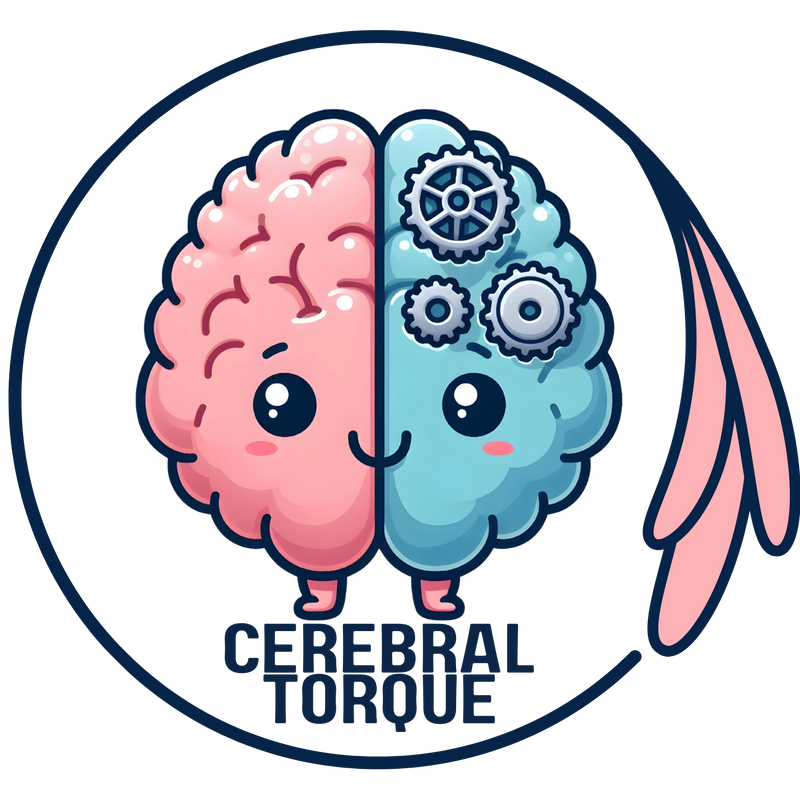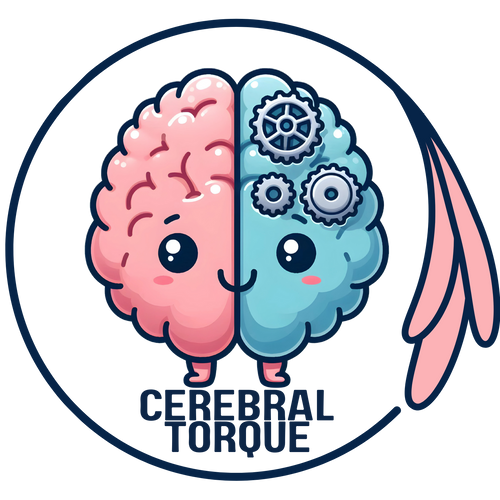Study Finds Acid Reflux Medications Linked to Higher Risk of Migraine and Severe Headache
Posted on April 30 2024,

A new study published in the journal Neurology Clinical Practice suggests that people who take acid reflux medications may have a higher risk of experiencing migraine or severe headache compared to those who don't use these drugs.
Researchers analyzed data from 11,818 adults who participated in the National Health and Nutrition Examination Survey (NHANES) between 1999 and 2004. Participants reported their use of prescription acid-suppression therapies, including proton pump inhibitors (PPIs, like Prilosec and Nexium), H2 receptor antagonists (H2RAs, such as Pepcid and Tagamet), and over-the-counter antacids. They also indicated whether they had experienced migraine attacks or severe headaches in the previous 3 months.
Results
- PPI patients had a 70% higher risk of experiencing migraine or severe headache compared to non-users.
- H2RA patients had a 40% higher risk of migraine or severe headache.
- Antacid patients had a 30% higher risk of migraine or severe headache.
- 25% of PPI and H2RA patients reported migraine or severe headache, compared to 19-20% of non-users.
- 22% of antacid patients experienced severe headache, compared to 20% of non-users.
What does this mean?
The study's findings support previous research indicating that migraine may be a side effect of PPIs. The results also suggest that other types of acid-suppressing drugs may contribute to the increased risk of migraine and severe headache. The authors emphasize the need for further research, particularly prospective studies, to determine whether the link is due to underlying health conditions or if migraine is directly caused by these medications.
While the study's results are interesting, it's important to understand its limitations:
- The study is observational and retrospective, which means it cannot prove that acid reflux medications cause migraine or severe headache, it can only suggest an association. Association does not mean causation.
- The study questionnaire did not effectively differentiate between migraine and regular headache, which could have led to an overestimation of migraine prevalence among participants.
- The study used information between 1999 and 2004 when preventive migraine treatments were not widely available, and PPIs were likely prescribed frequently due to the overuse of analgesics.
- The study did not ask participants about headache frequency, making it difficult to determine if the acid reflux medications were causing the headaches or if people were taking the medications because they had more headaches due to excessive use of pain medications.
Theories on the Link Between Acid Reflux Medications and Headaches
- Changes in the central nervous system or levels of glutamate, a neurotransmitter involved in pain pathways, could link acid reflux disease and headaches.
- Excess acid production and retention may trigger inflammation in the lining of the stomach and esophagus, which could contribute to headaches.
- PPIs can sometimes cause headaches directly or worsen migraine attacks by interfering with the absorption of magnesium and other vitamins. Taking magnesium and other supplements may help, but some patients, especially those who cannot stop PPI medication, may require an intravenous infusion of magnesium and injections of vitamin B12.
Does Migraine Improve After Stopping Acid Reflux Medications?
If migraine is indeed an adverse event caused by these medications, discontinuing them under medical supervision could potentially lead to an improvement in migraine symptoms.
Final Thoughts
More research is necessary. This doesn’t really change current clinical practice guidelines, but clinicians should be aware of this possible association. Prospective studies are needed to better understand the relationship between acid reflux medications and migraine or severe headache.
Wed, Jan 14, 26
New Emergency Department Migraine Treatment Guidelines
The American Headache Society (AHS) has released its 2025 guideline update for the acute treatment of migraine in adults presenting to the emergency department. This update, published in Headache in...
Read MoreSun, Jan 04, 26
Long-Term Safety of Anti-CGRP Monoclonal Antibodies
A comprehensive meta-analysis of over 4,300 patients reveals that erenumab, galcanezumab, fremanezumab, and eptinezumab maintain good tolerability beyond 12 months. Only 3% of patients stopped treatment due to adverse events,...
Read MoreThu, Jan 01, 26
Alternate Nostril Breathing Protocol for Migraine
Alternate nostril breathing is a simple yogic technique that's showing real promise for migraine prevention. Unlike acute treatments, this practice builds nervous system resilience over time - making attacks less...
Read More


